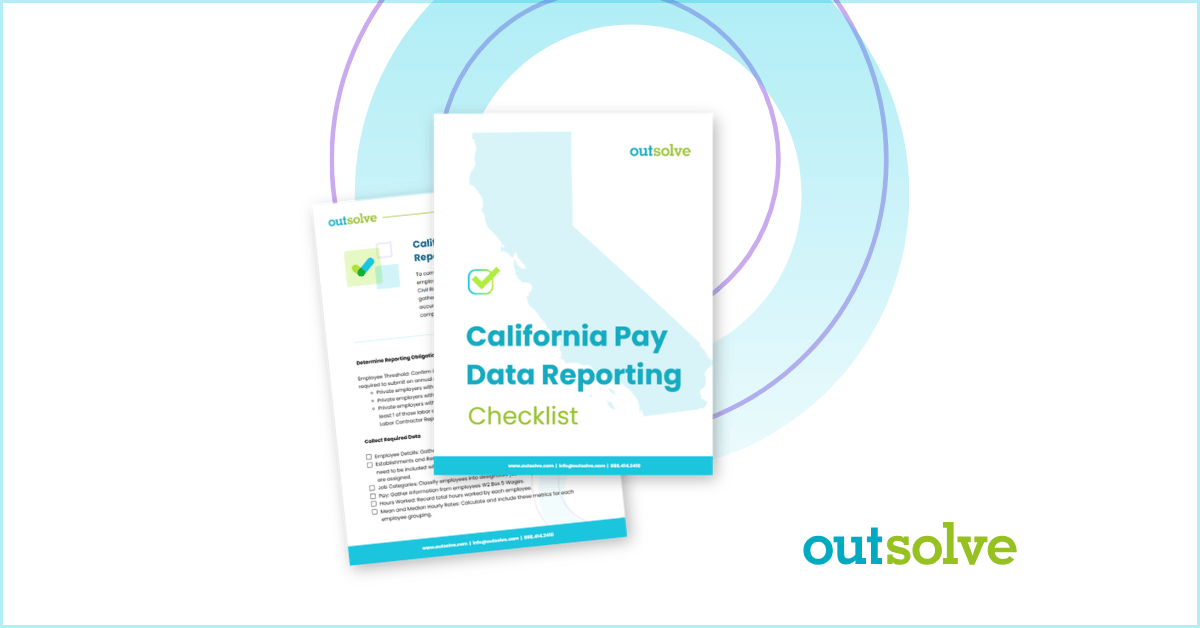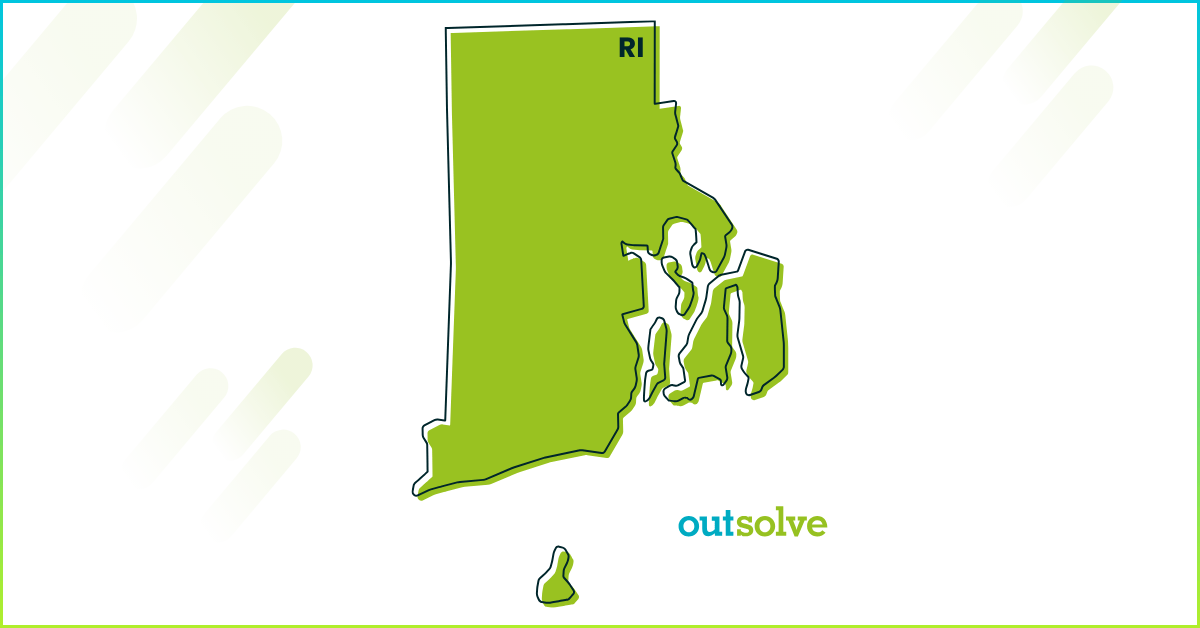2 min read
Compliance with Washington's Wage Transparency Law Challenged by Numerous Lawsuits
 Debra Milstein Gardner
:
Oct 26, 2023 9:00:00 AM
Debra Milstein Gardner
:
Oct 26, 2023 9:00:00 AM
.png)
Washington State's Equal Pay and Opportunities Act (EPOA), also known as Senate Bill 571, came into effect on January 1, 2023. The law aims to promote wage transparency and mitigate gender pay disparities. In the brief period since its implementation, a noteworthy number of lawsuits have been filed against non-compliant companies.
Key Provisions of the Act
The EPOA mandates:
- Equal Pay for Equal Work: Gender should not influence the compensation for substantially similar roles.
- Transparency in Career Progression: Employers must be transparent about promotional opportunities.
- Freedom to Discuss Wages: Employees should be able to openly discuss their wages without fear of retaliation.
- Disclosure of Salary Ranges: Employers are required to disclose salary ranges in all job postings.
Current Legal Landscape: A Closer Look at the Washington Lawsuits
One Seattle-based attorney has filed 31 lawsuits since the Act came into effect. These lawsuits target a broad spectrum of companies, from retail chains to technology firms. A significant portion—17 out of 31 lawsuits—pinpoints non-disclosure of salary ranges in job postings. The remaining 14 lawsuits encompass a broader set of allegations, including the absence of information on additional forms of compensation and benefits.
The rapidity and volume of these lawsuits indicates a proactive legal environment around the Act and highlights the urgency to adhere to the new legal requirements
According to a recent LinkedIn survey, 91% of U.S.-based job seekers say including wage ranges in job postings would impact their decision to apply. The data indicates this holds true across industries and worker seniority. This emphasizes the importance of full disclosure not only for legal compliance but also for efficient and effective talent acquisition.
Compliance Checklist: Steps to Mitigate Risk
- Salary Transparency: Include a salary range in all job postings.
- Benefits Disclosure: Clearly list other forms of compensation and benefits in job postings.
- Audit Internal Practices: Regular internal audits can help ensure that employees performing similar tasks are paid equitably.
- Open Dialogue: Create a non-retaliatory environment where employees can discuss wages.
- Stay Updated: Keep a close eye on any legislative amendments and maintain rigorous documentation to demonstrate compliance efforts. Subscribe to OutSolve's blog, and stay up-to-date.

The spike in lawsuits related to the EPOA mandates immediate and thorough compliance efforts. Failing to comply not only exposes companies to legal risks but also potentially impairs talent acquisition. Compliance managers should act swiftly to integrate the Act’s requirements into company policies and practices.
These lawsuits also highlight the importance of pay range disclosure laws and the need for companies to comply with them. By providing job applicants with clear and transparent salary information, companies can help level the playing field and reduce the gender pay gap. It also enables candidates to negotiate their salary more effectively and ensures that they are being paid fairly for their work.
In addition to Washington, 21* other states have also passed similar laws requiring companies to disclose salary information. As the push for pay transparency continues to gain momentum, it is crucial for companies to stay up to date with these changes and prioritize fair compensation practices for all employees.
It's important to note that each state's law is slightly different, so companies should review the specific requirements for the state(s) in which they operate to ensure compliance. For further information or assistance, please contact us.
*1. California 2. Colorado 3. Connecticut 4. Delaware 5. Hawaii 6. Illinois 7. Maine 8. Maryland 9. Massachusetts 10. Michigan 11. Minnesota 12. New Jersey 13. New York 14. North Carolina 15. Ohio 16. Oregon 17. Pennsylvania 18. Rhode Island 19. Vermont 20. Virginia 21.
Debra Milstein Gardner has worked in the Equal Employment Opportunity (EEO) and Affirmative Action (AA) space for the past 43 years while working in the public and private sectors in various human resources compliance roles. She began her career working for the Equal Employment Opportunity Commission and then went to the Marriott Corporation for nine years working in EEO, Affirmative Action and field human resource roles. In 1990, Debra founded Workplace Dynamics LLC providing EEO, AA, and DEI consulting services to government contractors. In 2016, Debra sold the affirmative action portion of Workplace Dynamics to OutSolve LLC and works part-time as a Market Analyst. Debra is a sports fanatic, routing for the Baltimore Ravens and all Virginia Tech Hokie teams. She loves to hike and boat in her mountain and lake community of Lake Lure, NC.
Weekly OutLook
Featured Posts

5 Key Compliance Items HR Can’t Afford to Ignore

HR Compliance Checklist: What Every HR Pro Needs to Know
Related Posts
.png)
Beat the Rush: Outsource Federal Reporting Requirements in Q1
The beginning of the year usually feels like a fresh start that brings new business initiatives, goals, and strategies. The work you do between...

California Pay Data Report Checklist for HR Professionals
With changes regarding California pay data reporting taking effect in 2026 and 2027, this is the checklist you need to stay confident that you've got...

What You Need to Know About the Rhode Island Pay Transparency Law
Pay transparency continues to gain traction at the state level, and Rhode Island is no exception. Let’s dive into the details of how this law works...
